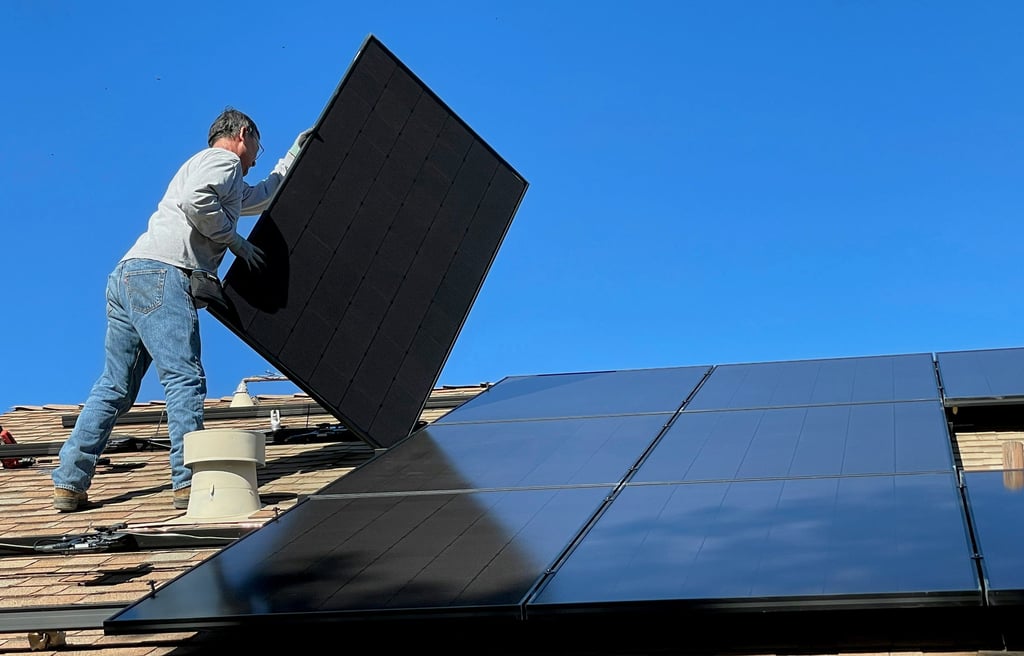Empowering Sustainability: Why Your Solar is Better on the Rooftop
Installing rooftop solar is an environmentally friendly and financially wise decision, providing significant energy bill savings, incentives, and higher property value.


In the ever-changing realm of solar technology, one clear prospective stands out as the champion of efficiency, cost-effectiveness, and environmental impact, your own rooftop. In this solar excursion, we'll explore why the sky above your home might offer the most powerful canvas for a greener, more sustainable future.
A thorough life cycle analysis reveals that rooftop solar systems have significant advantages in terms of energy efficiency. According to the study, these systems' input energy requirements are between 21% and 54% lower than those of their utility-scale equivalents. The close proximity of energy production to the site of consumption and the decrease in transmission losses are credited with this efficiency.
Apart from its energy efficiency, rooftop solar also shows itself to be an environmentally responsible option. The same life cycle analysis shows that carbon dioxide equivalent emissions have decreased significantly, from 18% to 59%. This decrease is in line with international efforts to cut greenhouse gas emissions and makes a substantial contribution to the fight against climate change.
Personal preferences are important considerations for those who are thinking about making this decision. Homeowners that install rooftop solar panels gain autonomy and control over their energy production, which may eventually result in self-sufficiency. Furthermore, rooftop installations are a desirable choice for people who are worried about the visual impact on their property due to the solar panels' elegant integration with existing structures.
Utility-scale solar farms offer a strong financial argument, even though rooftop solar systems are superior in terms of energy efficiency and emissions reduction. While solar farms have lower energy costs per unit for utilities, they usually need a larger initial investment. Nonetheless, the economies of scale that come with bulk purchase and expedited installation procedures are advantageous to these larger-scale installations.
One of the most important factors to compare is the land-use component. Large land allocations are needed for solar farms, which can cause environmental issues with habitat destruction and biodiversity loss. Rooftop solar systems, on the other hand, make use of already-existing infrastructure to reduce their ecological footprint and promote sustainable land use practices.
The rooftop is a dynamic canvas for a sustainable energy transformation rather than just a protective barrier over our homes, as is evident as the sun sets on our investigation of solar possibilities. The rooftop solar revolution is unquestionably on the rise, with benefits ranging from increased energy efficiency and reduced emissions to the personal empowerment of energy independence. Choosing to welcome the sun from above is a commitment to a cleaner, greener future that starts at home, not just a pragmatic choice. Therefore, when you look up at your rooftop, picture something more than just shingles and tiles, a power source that can power a more sustainable and brighter tomorrow.
